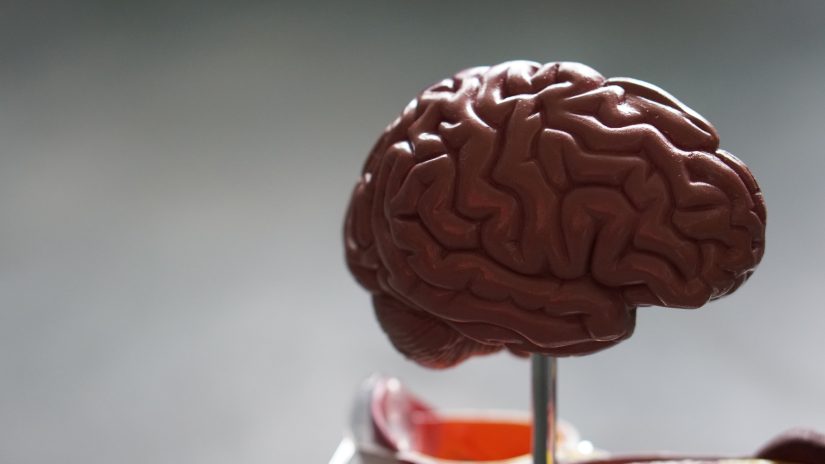
Still in the series of the Intensive Course for the Development of Advanced Research in the Field of Science, the Doctoral Study Program in Psychology together with the Expertise Group of the Faculty of Psychology UGM resumed the event on Monday (4/4). The areas of specialization in Mental, Neural, and Behavioral are the opening specialization areas in the second half by inviting speakers who have their respective focus of discussion.
At the beginning of the session, Supra Wimbarti, M.Sc., Ph.D was present as the first speaker with the topic “Personality in the Context of Mental, Neural, and Behavioral”. In the context of Mental, Neural, and Behavioral, personality is a unique variation of human evolution that is presented as a pattern of dispositional trait development, character adaptation, and integrative life in complex and different cultures. In more detail, according to neuroscience, understanding human personality cannot be done without understanding the brain.
“There are two biological sources of personality. The two sources are proximal and distal,” explained Supra. The proximal biological source is the biological source of personality which consists of various stable functions of the neural system. While distal is a biological source of personality which is influenced by heredity and environment.
Furthermore, the second speaker in this session was Sri Kusrohmaniah, M.Sc., Ph.D. Sri brought a discussion on “Topics and Research Methods in the Mental, Neural, and Behavioral Fields”. Through the discussion that was delivered, Sri started with a discussion about Biopsychology as a scientific study of behavior in the context of psychology. In summary, biopsychology studies behavior through which knowledge from neuroscience and others is gathered. “There are other names, some call it psychobiology, behavioral biology or behavioral neuroscience,” explained Sri.
Finally, as the closing speaker at the Mental, Neural, and Behavioral session, was present Galang Lufityanto, M.Psi., Ph.D who delivered a discussion on “Adaptability to Change”. Through this topic, Galang introduced a Biopsychometric Test called Galang-Satrio Adaptability Test or GSAT which aims to measure an individual’s ability to adapt to pressure and change, which is known as agile. The principle used by the GSAT is a psychophysical measurement that plays a role in understanding a person’s tendencies when faced with challenging tasks and a constantly changing environment.
